detail profile gilberto barraza
Peran Yang Di Mainkan Gilberto Barraza
 1950 William Lee an American expat in...
1950 William Lee an American expat in...Queer 2024
1950. William Lee, an American expat in Mexico City, spends his days almost entirely alone, except for a few contacts with other members of the small American community. His encounter with Eugene Allerton, an expat former soldier, new to the city, shows him, for the first time, that it might be finally possible to establish an intimate connection with somebody.
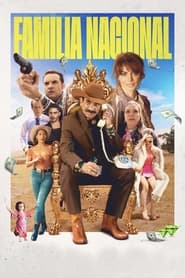 Don Poli the patriarch of a...
Don Poli the patriarch of a...National Family 2023
Don Poli, the patriarch of a family embedded in politics, faces the change of party in his state - after a hundred years in power - losing all his privileges. Humiliated and angry, he threatens to disinherit his family and leave to rebuild his life. This forces his children (Kippy, Ramses and Belén) to take extreme measures to ensure their future, causing everything that could go wrong to turn out worse.
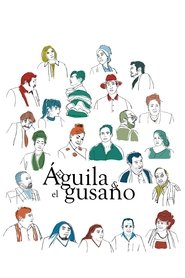 In Guita Schyfters El guila y...
In Guita Schyfters El guila y...The Eagle and the Worm 2023
In Guita Schyfter’s El águila y el gusano, an intricate plot serves to intersect the destinies of several characters: the owner of a beauty salon in love with “all things Chinese”, a politician with a taste for oration who couldn’t care less about the problems of his country, a political adviser whose counsel is never considered and a shady investigator with a name that nobody seems to recall. The script by Schyfter and Hugo Hiriart, her longtime collaborator and author of the 2013 novel on which the film is based, bristles with finely-crafted, hilarious dialogue.
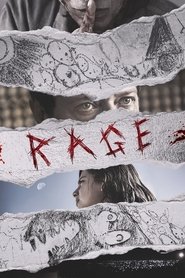 Alan and his father Alberto flee...
Alan and his father Alberto flee...Rage 2023
Alan and his father Alberto flee from the painful loss of his mother. While hiding in a secluded housing unit, Alan discovers hidden messages from his uncle that lead him to believe that his father is a werewolf. His life and his neighbors’ lives are in danger. Alan decides to do something once for all. Destroying the beast does not seem a far-fetched plan in the violent reality he lives day by day.
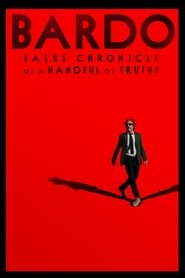 A renowned Mexican journalist and documentary...
A renowned Mexican journalist and documentary...BARDO, False Chronicle of a Handful of Truths 2022
A renowned Mexican journalist and documentary filmmaker living in Los Angeles, after being named the recipient of a prestigious international award, is compelled to return to his native country, unaware that this simple trip will push him to an existential limit.
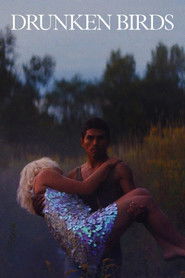 Willys quest to find Marlena his...
Willys quest to find Marlena his...Drunken Birds 2021
Willy's quest to find Marlena, his lost love, takes him from Mexico to Canada, where he is hired as a seasonal worker at the Bécotte farm, near Montreal. Several destinies intersect, worlds collide, tensions rise and moments of magical realism emerge during long work days.
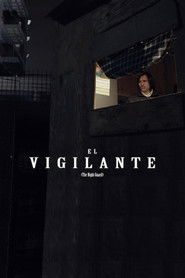 Humberto works as a night watchman...
Humberto works as a night watchman...The Night Guard 2016
Humberto works as a night watchman at a remote and desolate construction site. One night he becomes, unwittingly, the sole witness to a cover up. Afraid of being retaliated against lest he come forth, he decides to keep quiet. Gradually and without him being aware of it, Humberto ends up inflicting on his family the same violence from which he´s running away.
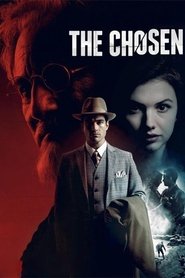 Spain 1937 Ramn Mercader a young communist...
Spain 1937 Ramn Mercader a young communist...The Chosen 2016
Spain, 1937. Ramón Mercader, a young communist combatant, is recruited and trained by the Soviet intelligence service to participate in a top secret mission ordered by the ruthless dictator Joseph Stalin: the assassination of his former political rival, Leon Trotsky, who is living in exile in Mexico.
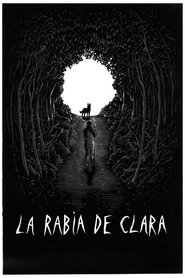 After getting bitten by a rabid...
After getting bitten by a rabid...Clara's Rage 2016
After getting bitten by a rabid dog, Clara must stay locked in the small cabin where she lives with her mother and husband for 40 days. While the town is assaulted by a pack of savage dogs, Clara's seclusion causes a growing desire for freedom. To escape, she will have to overcome her family's fear and determination to protect her.
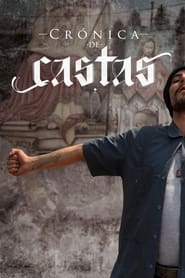 Dramatized series that shows a mosaic...
Dramatized series that shows a mosaic...Castle Chronicle 2014
Dramatized series that shows a mosaic of stories, which run in parallel and sometimes intertwine, around Tepito and its identity as a neighborhood, revealing the social prejudices that manifest themselves in classism and racism, as part of a historical reality in Mexico.
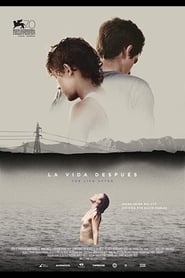 Two brothers Samuel and Rodrigo live...
Two brothers Samuel and Rodrigo live...The Life After 2013
Two brothers, Samuel and Rodrigo, live with their mother in a suburban town. One day the mother, who has mental health problems, disappears leaving nothing behind but a note. David Pablos is a young Mexican filmmaker, born in 1982. His first short film, El mundo al atardecer, was made in 2007. La canción de los niños muertos (2008) was his second short film; he presented his first feature-length film Una frontera, todas las fronteras (2010) at the Berlinale Talent Campus before coming to Venice with his second film, La vida despues, for the 70th Venice International Film Festival.
 The Driver is drafted by the...
The Driver is drafted by the...Powder Keg 2001
The Driver is drafted by the UN to rescue a wounded war photographer named Harvey Jacobs from out of hostile territory. While they are leaving Jacobs tells the Driver about the horrors he saw as a photographer, but he regrets his inability to help war victims. Jacobs answers the driver curiosity about why he is a photographer by saying how his mother taught him to see. He gives the Driver the film needed for a New York Times story and also his dog tags to give to his mother. When they reach the border, they are confronted by a guard who begins to draw arms as Jacobs begins taking pictures, trying to get himself killed. The Driver drives through a hail of gunfire to the border, but finds Jacobs killed by a bullet through the seat. The Driver arrives in America to visit Jacobs' mother and share the news of him winning the Pulitzer prize and hand over the dog tags, only to discover that she is blind.
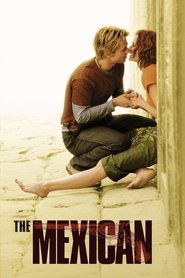 Jerry Welbach a reluctant bagman has...
Jerry Welbach a reluctant bagman has...The Mexican 2001
Jerry Welbach, a reluctant bagman, has been given two ultimatums: The first is from his mob boss to travel to Mexico and retrieve a priceless antique pistol, known as "the Mexican"... or suffer the consequences. The second is from his girlfriend Samantha to end his association with the mob. Jerry figures alive and in trouble with Samantha is better than the more permanent alternative, so he heads south of the border.
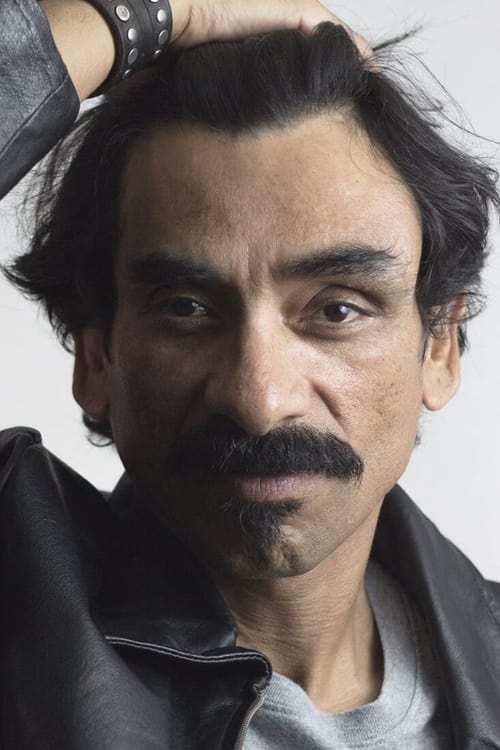
 A man searches for his father...
A man searches for his father...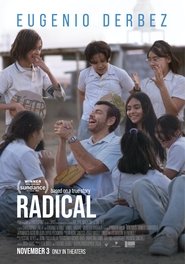 In a Mexican border town plagued...
In a Mexican border town plagued...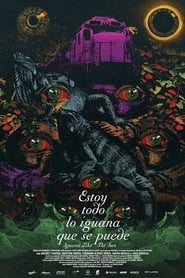 In a humble coastal tropical compound...
In a humble coastal tropical compound...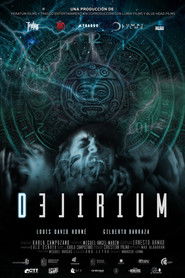 A young man haunted by hereditary...
A young man haunted by hereditary...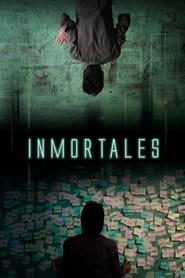
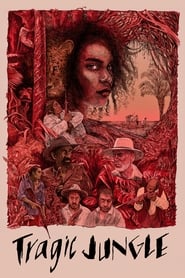 Deep in the jungle a group...
Deep in the jungle a group... An army deserter turned bandit robs...
An army deserter turned bandit robs...